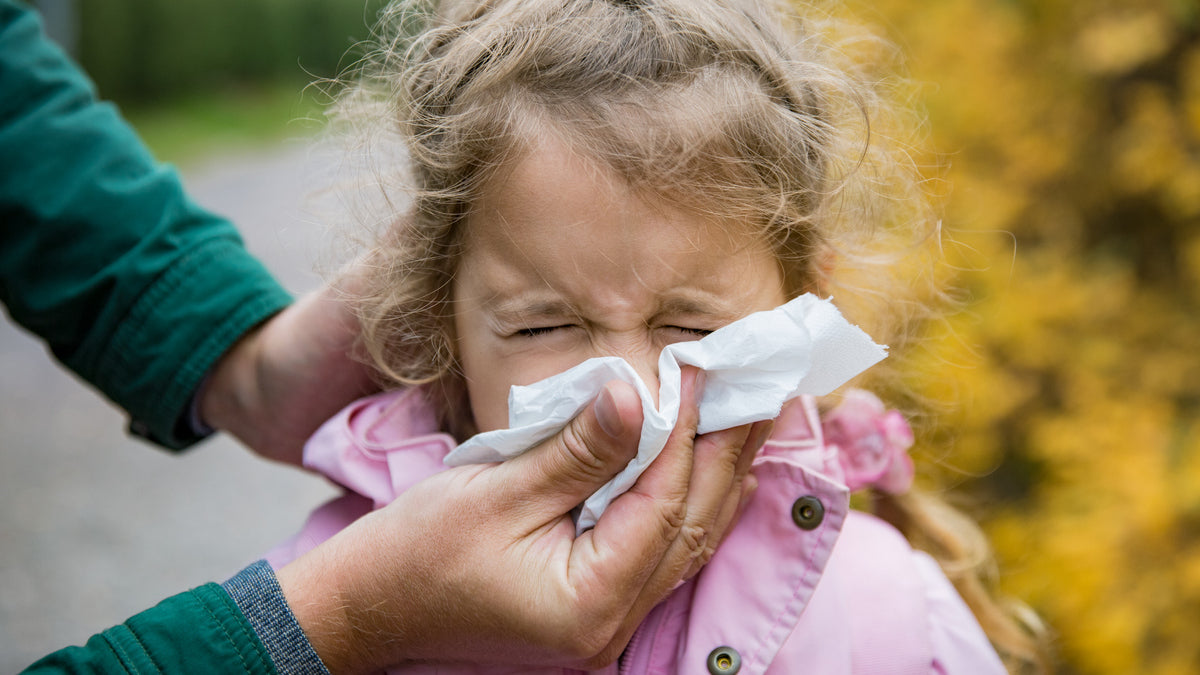Mononucleosis in the pediatric age
Mononucleosis is commonly called the kissing disease, it is a very common viral disease in children.
What is mononucleosis?
Mononucleosis in pediatric age is a very widespread disease, it is an infectious disease but not considered too serious, it is also called the kissing disease since the transmission of this virus occurs by air, through contact with the infected individual. Mononucleosis is caused by a virus called Epstein-Bar, mononucleosis is part of the same family as the chickenpox virus.
What symptoms does mononucleosis manifest itself with?
The incubation period for mononucleosis varies from a few days to three weeks. Mononucleosis does not have any kind of precise signal to be able to recognize it, the symptoms are very general and also common for other diseases.
Symptoms of mononucleosis are often high fever and swollen lymph nodes, fatigue, physical fatigue, sore throat and general malaise. For the diagnosis of the mononucleosis virus, specific blood tests must be performed
Mononucleosis in pediatric age: advice
There is no vaccine for mononucleosis, but there are small measures to prevent this disease, we must avoid too direct contacts, crowded places, we must teach children from an early age that we should not drink or eat with other people's glasses and cutlery.
The disease of mononucleosis causes a lot of fatigue, it is therefore important to ensure the right rest, and if the symptoms are very annoying, contact the doctor for the appropriate therapy. Mononucleosis in children need not be a cause for concern, but it takes a couple of weeks of rest to heal.
Dear mothers, after reading our article we recommend that you take a look at our site, where you will find many articles for your child LUXURYKIDSSHOP






Leave a comment